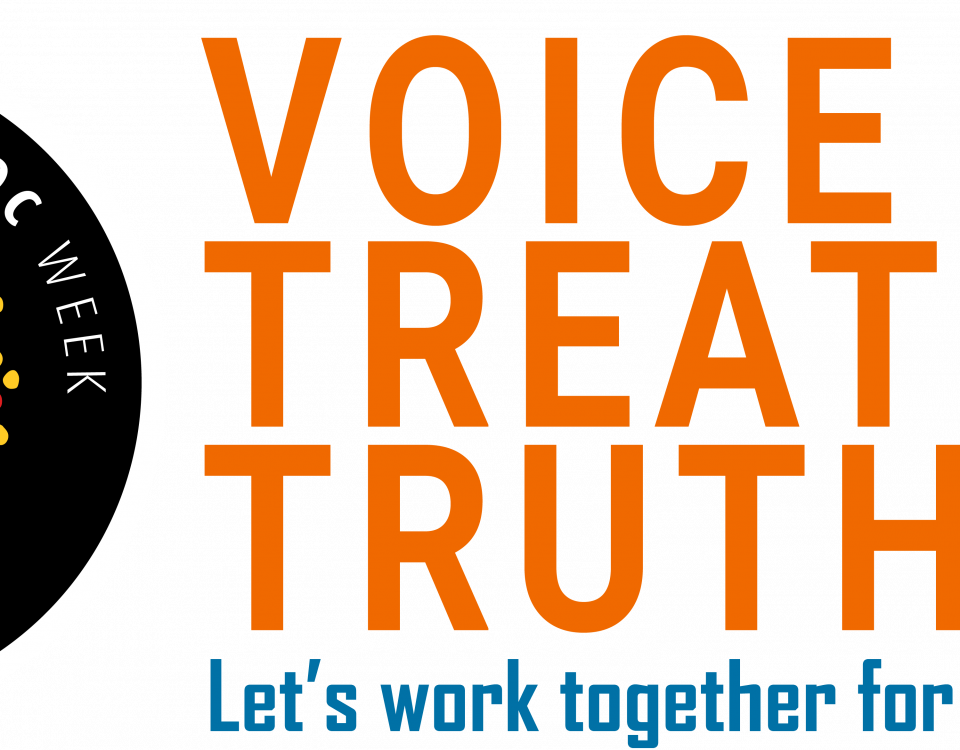Racism cut deeply
May 7, 2014Warren Mundine warns on remote funding
May 21, 2014Bess Nungarrayi Price has only one younger brother left out of 12 siblings. All the others are dead.
Paul Toohey reports:
“It’s a shocking statistic for a family that has not suffered through war, famine or disease. They did, however, grow up as Aborigines in the Northern Territory.
Ms Price, 53, the Country Liberals member for Stuart in central Australia, lost her last sibling, her sister, through a stabbing in a Katherine town camp a fortnight ago.
Ms Bess Price wants to name her, contrary to cultural custom, as she doesn’t want her to be a forgotten statistic. Rosalie, aged 46, was a mother of five and a grandmother to 10, with another grandchild on the way. She had fallen into a life of roaming, drinking and sleeping in some of Australia’s most dangerous addresses — the Territory’s town camps.
She stopped over in Katherine’s Warlpiri Camp, while waiting for a lift west to visit one of her daughters in Lajamanu. A 31-year-old woman has been charged over Rosalie’s death.
The story of her siblings is a terrible one: four died as babies; three brothers died from alcohol; one from breast cancer; one died in her sleep for unknown reasons; and now there’s Rosalie. Only two of them made it past 50.
“It’s not just me who has these stories,” she says. “Lots more Aboriginal families who don’t have the opportunity to speak encounter all sorts of problems with violence in our people’s culture.”
“They just think it’s the norm and allow it to take over.”
Toohey concludes:“ The story of Aboriginal violence is an unchanging one, despite attempts such as the federal intervention to force a new direction.”
Ms Price questioned why indigenous people were not campaigning against the emergency in their own society. Ms Price states: “The activists don’t talk it up,” she said. “What’s wrong with them? They talk about reconciliation, Captain Cook’s invasion, which is who they blame for our violence.
“We don’t hear from them about the violence in our communities, the women that get killed. You just don’t hear about it.”
Ms Price grew up in Yuendumu, a large Aboriginal community northwest of Alice Springs. She says she has watched her home community, and others like it, deteriorating.
“I think it’s worsened,” she says. “The communities are unstable, people just don’t believe in themselves any more.
“When I grew up in Yuendumu in the 70s, everybody had a job. Everybody had a role to play, or went to school. That’s all changed. People are now free to move about, people now have this word we call ‘choice’.
“They decide they can do whatever they want to do.”
But even then, Yuendumu was not a safe place for Ms Price. After entering a marriage and having her first child by the age of 14, she made a very deliberate choice to get out, with the backing of her parents.
“I was sick and tired of being beaten up, for no reason,” she says. “I had to leave and find a better life for myself, without violence. And I have done that.”
She found it hard to get through to her sister Rosalie.
“We encouraged her to stay put in Yuendumu or Old Timer’s Camp (in Alice Springs),” Ms Price says. “We tried to explain to her, ‘Look, settle down, ground your feet and stay put. You’re at that age you need to settle down.’”
But she says there is a constant movement among Aboriginal people of the north, who travel from one place to the next, finding relatives and partying till it gets ugly.
“If you don’t have a job, you can do that,” she says. “You’re free to travel wherever.
“I’ve got a job. And I think without employment, no jobs for our people, and education, Aboriginal people don’t exist, more or less. Jobs create stability, family togetherness. But that’s not the way Aboriginal people live.”
She recalls Rosalie as her “smiling sister”. And her last sister.
Ms Price wants her people to know it doesn’t have to end that way. “You have a choice.”
As Bess Price says, her story is not a singular one. Many Aboriginal people have lost family members to grog and violence. She urges her people to know they have a choice. They can settle down and make good. I think it is salutary to think about why people may not believe in themselves anymore. From my perspective, there is a social melancholia covering generations of massive trauma from colonisation giving rise to aimlessness, inebriation and violence of tragic proportions. Aboriginal people may have choices, hard choices to make in their lives if lives are to be saved. Non-Aboriginal people need to register and remember the broken relations of colonialism, of all that has been taken and that will never be recovered and the emergency of it all. The lifelessness of the living dead needs to be represented and re-experienced by all and then agonies of suffering can be unchained, missing cultural and personal parts can be recovered and found, unlived lives can be lived and new lives and relations formed.
Thank-you Bess for telling the sad story of your last, smiling sister, Rosalie.





